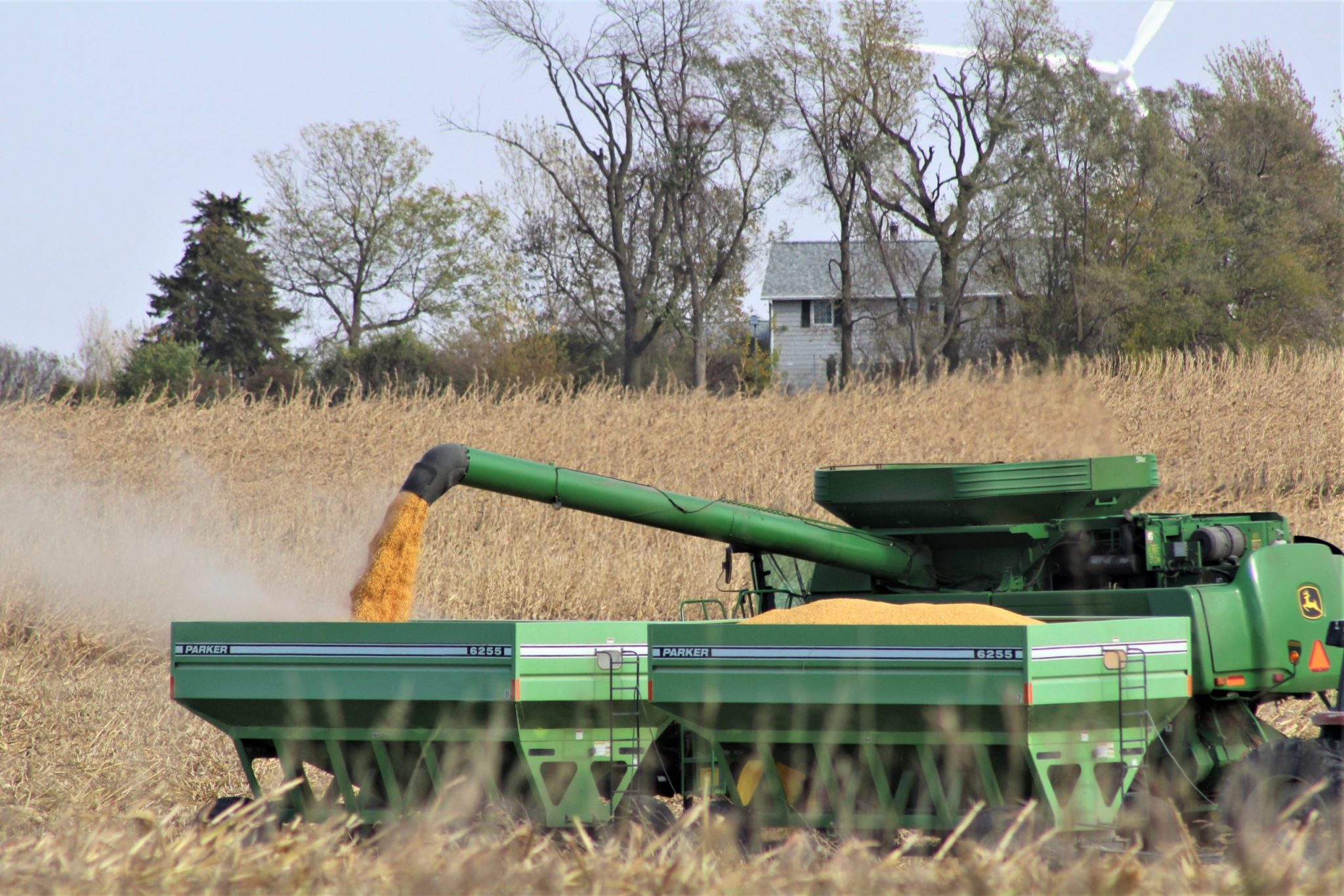The elephant in the room is destroying family farms, rural communities and our democracy

I love farming and have been doing it all my life, but I told my kids not to come back to the farm, because there’s no future in it. That’s the sad truth.
Over the last year on Capitol Hill, there have been multiple hearings and bills and even an executive order to address what is going on out here in rural America, but little to nothing is getting done. For the last three decades, roughly 40 U.S. family cattle operations have gone out of business every day. It’s time to end the talk and campaigning and actually fix the problem.
I’m 66 and a 4th generation cattle and grain farmer from southwest Missouri. Even though it’s sometimes difficult and dangerous work, I’ve always loved raising cattle and crops and making the land better for the next generation — and better for my kids and grandkids to come back to.
But, things have changed, and not for the better. They aren’t changing because of inevitability or technological efficiency. There’s a very large “elephant in the room” that’s making it worse for all of us.
The predominant system of agriculture I am working in now has been intentionally set up against me and current and future farming generations. Today’s corporate controlled system is bad for farmers, bad for consumers, bad for rural and urban communities and economies, bad for our environment and our climate, and bad for democracy.
We are in this position because the rules (laws, policies and regulations) have been written, and lobbied and paid for by corporate special interests. We are in this position because of corporate-written, bad Farm Bills and bad trade agreements (the main drivers of our farm and food system).
We are here because many of our elected “representatives” don’t really represent us, their constituents or the vast majority of Americans. We’re here because we have a democratic process controlled by that “elephant in the room”–billion dollar multinational corporations.
They are planning and implementing our demise. It’s their business model. Without competition, they can push everyone else out of the market, then they win and take all the wealth (and land).
Some of the results: In 30 years, the U.S. has 25% fewer cattle farmers and Missouri has 27% fewer. In 30 years, nearly 90% of U.S. hog farmers were put out of business. And, the average age of a farmer is nearing 60 years old.
We’re importing billions of pounds of beef from around the world, and consumers are paying record high prices, while cattle farmers struggle. In 2021, the U.S. imported 3.35 billion pounds (with a “b”) of beef and 1.8 million live cattle.
Here are a few glaring results of corporate agriculture’s stranglehold on farmers, consumers, our food system, economies and democratic process: In 2021, JBS’s (a Brazilian corporation and the world’s biggest meatpacker) net revenue was $71 billion and their U.S. beef division reported a net revenue of $27.18 billion; Tyson had a net profit of $3.05 billion, up $1 billion from 2020; Cargill reported its biggest profit in its 156-year history, netting almost $5 billion; the WH Group, the Chinese corporation that owns Smithfield Foods, reported $27.29 billion in revenue, up 6.7%.
The fact is, during these challenging and unprecedented times, the few corporations that control our food system are raking in record profits. Consumers are paying record high prices, inflation is raging, family farmers are struggling to stay in business, and our economies (urban and rural) are becoming more and more impoverished.
What can we do? We need to demand that our elected representatives and our democracy represent us and not corporate special interests.
Within our food system, we need to demand laws that: decentralize control of our food, curb the undue economic and political power of multinational agribusiness corporations that aim to replace independent family farms with industrial factory farms, strengthen and enforce antitrust laws, stop public taxpayer dollars from funding corporate factory farms, restore supply management programs, grain reserves and price floors set at the cost of production, and ban meatpacker ownership of livestock and their use of “captive supplies.”
A food system controlled by us, farmers and consumers, would not be putting multinational corporate profits over people, the environment and our national security. We’d be able to respond and help when things get hard, instead of seeing pandemics and war as opportunities for corporations to get rich.
We can and must do better — for farmers, rural communities, consumers and our country.
Darvin Bentlage is a fourth-generation cattle and grain farmer from Barton County and a member of Missouri Rural Crisis Center.
Miss Clipping Out Stories to Save for Later?
Click the Purchase Story button below to order a print of this story. We will print it for you on matte photo paper to keep forever.

